As an Amazon Associate I earn from qualifying purchases.
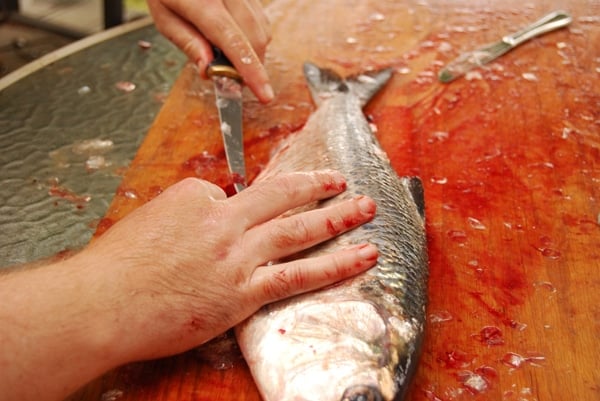
My life is governed by the Imperative of Protein.
Rare is the week when there is not some sort of freshly killed meat in our house. Even now a small flock of ducks lies motionless in my refrigerator. Next week it might be herring from the San Francisco Bay; the week after it could be geese. Or sturgeon. In late spring, there’s usually a wild boar to butcher. In summer, an endless school of fish. Autumn brings deer and bear and maybe even an elk or moose. The cycle never ends.
As soul-satisfying as it is to be self-sufficient in protein — I can count on one hand the times we have bought meat for our house since 2004 — such a lifestyle requires commitment. Ducks do not pluck themselves, nor do fish shed their scales. And deer do not magically explode into roasts and steaks and shanks. All of this requires work.
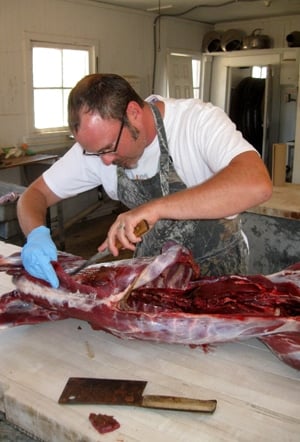
Most hunters and almost all anglers know what I am talking about. The rapture of slamming a limit of shad or a giant keeper sturgeon is soon tempered by the realization that long hours of scaling, gutting and filleting lie ahead. And every deer hunter, flushed with the joy of bringing down a big buck or a fat doe, has had his bubble broken by someone pointing out that “now the work begins.” Farmers understand this too, on a much larger scale. “Chicken Killing Day” can involve scores of birds and a full day’s labor. Hog-killing requires so much labor that in very culture that eats pork it has been enshrined as a day of work — and celebration.
The vast majority of Americans, Canadians, Australians and Europeans have no idea what it is to live like this. If you buy your meat at supermarkets, shrink-wrapped and already cut into pieces ready for the pan, meat for you is just something to cook; you get it at the last stage in the process. Even those who buy their meat from small farmers often have to do little more than cut a chicken or rabbit into its constituent parts.
This is not altogether a bad thing. Having others process their meat absolves people from the Imperative of Protein. Holly and I spend long hours plucking, skinning and butchering fish and game, hours that could be spent on useful work elsewhere. But having others do the dirty work of processing meat also divorces people from the reality of where their protein comes from — and, most disturbingly, engenders a sentiment that those of us who face that reality are barbarians, Neanderthals who revel in the blood crusted under our fingernails.
A few months ago I was on the road, tired, buying a bottle of water at a convenience store in Ohio. I was wearing a Delta Waterfowl hat, which happens to be camouflage.
“Are you a hunter,” asked the woman standing in line behind me. I should have detected her tone, but like I said, I was tired. Yeah, I am.
“That’s disgusting,” she responded, her voice rising. “How can you kill those poor fish and deer and ducks. You must love blood.” I should have just walked away. But I didn’t. Instead, I asked her if she was a vegetarian. “Of course not. I buy my meat in the supermarket, like everyone else.” This time I did walk away. There is no reasoning with some people.
Even vegetarians understand that on planet Earth, life requires life. Those who choose not to eat meat are indeed trying to take a different path, and that’s fine — although that path, too, is not without cost to the animal kingdom. I have no quarrel with vegetarians.
But one of my dearest hopes is that there is a special place in Purgatory for those who will happily stuff their maws with ground-up old dairy cows and then turn around and call me a monster for facing a reality they dare not.
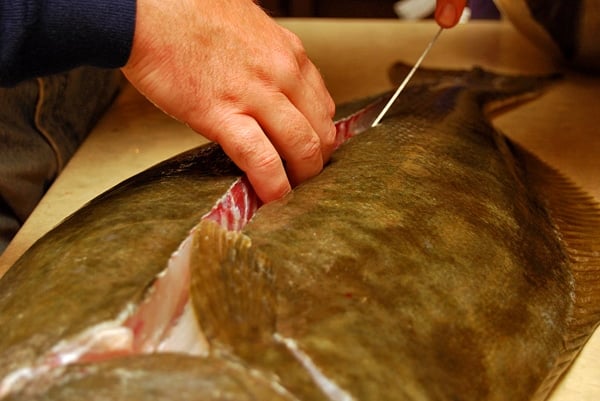
Thankfully, in recent years exchanges like the one in the Ohio convenience store have become more rare. The Cellophane People are either changing their ways, or are realizing that they are clinging to a fantasy and are keeping quiet.
More and more I hear curiosity, not disgust, in the voices of the Cellophane People. A few want to know how I do what I do. Most, however, just want to know why: They have no intention of ever ordering sides of pork or buying whole chickens, but they’re curious about why someone else would want to do that.
Sometimes I ask myself the same thing.
It’s not about meat per se. If you think about it, while I live under the Imperative of Protein, a vegetarian lives under an equally strong imperative. After all, a vegetable, unlike a fruit, comes from a part of a plant that did not want to be eaten. Stalks, leaves, roots — most vegetables require processing to become food, just as animals do — sometimes processing that is just as intense.
I do what I do because I choose to. I chose to acquire the skills to process and butcher animals and fish, and I continually choose to exercise those skills. I would rather spend two hours plucking and gutting ducks than sitting in front of the television playing “Halo.” I would rather hone a deep understanding of the intricacies of deer anatomy than mow the lawn.
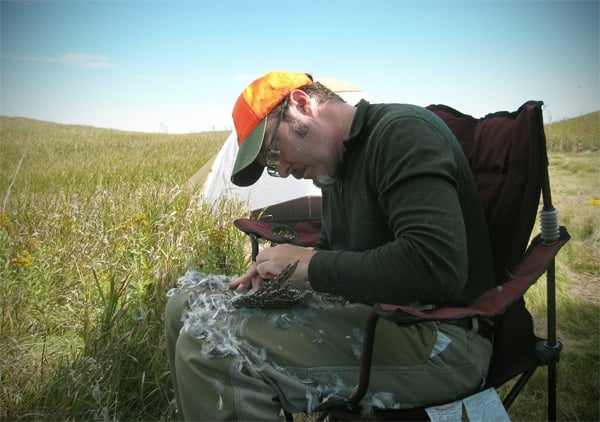
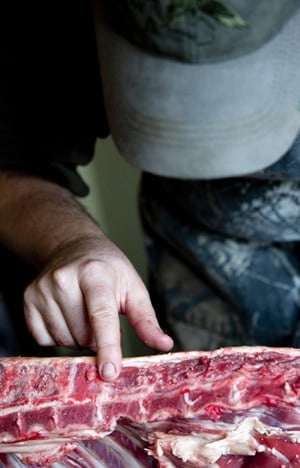
Yes, processing your own meat and fish saves money, and it does open up huge vistas of opportunity for the cook: Think stocks and broths, giblets and charcuterie. But at its core, I choose to live under the Imperative of Protein because it requires me to understand — and accept — the full karmic cost of eating meat. Every time I shoot a deer or hook a salmon, I watch, at close range, that animal go from individual to corpse to carcass to cut of meat. It is sobering.
And necessary. Some say everyone who eats meat ought to be required to butcher it at least once. A fine, if utopian, idea. Such a requirement would create a great many vegetarians, but it would also create a public far more in touch with it eats. North Americans, particularly, would benefit from this. But like I said, such a requirement is utopian.
There is a way at least to approach what’s like to live under the Imperative of Protein: Buy whole chickens or rabbits, and break them down yourself. Is it the same as killing, plucking and gutting one? No. But even the baby step of taking a knife to a whole bird will at least force you to understand that this was once a living, clucking, walking chicken.
That, I think, is not too much to ask.
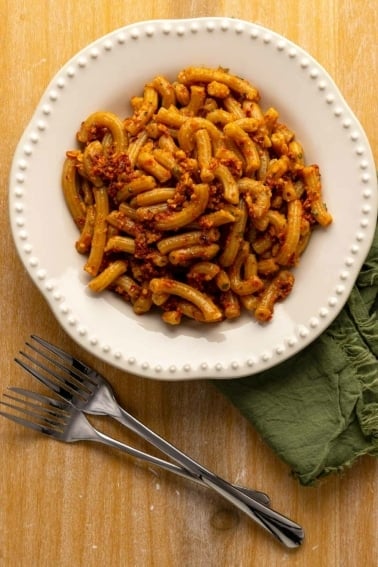
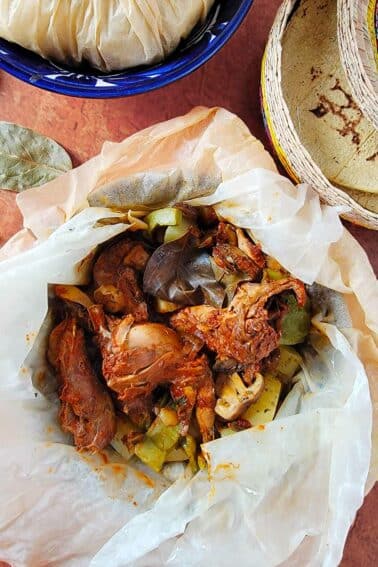
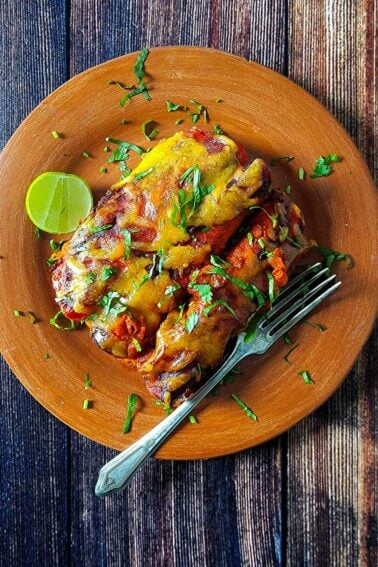
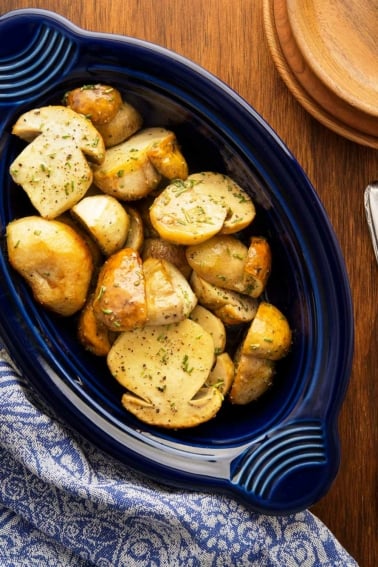
Spot on Hank, as always. Refreshing, after a week of gun control…
HUNTING: Thursday morning (this week) is the last day of the 2012-13 squirrel season. Quail (ends Feb 15) & rabbit (ends Mar 15) are still in open season. Since 10/1/12, we’ve tagged 3 deer, and then taken 2 rabbits and 30-40 squirrels. We also raised 3 young beef calves, 12-16 ducks, 3 turkeys and 12-16 suckling pigs. We’ve taken no wild hogs this year. Looking forward to turkey season opening Mar 30th (youth turkey hunt weekend).
FORAGING: We have 3 pecan trees and 1 almond tree on the property, but none are producing yet. Have neighbors with walnut trees they dont harvest for themselves though…will try to get those this year.
SHOPPING: Ive purchased about 60lbs of chicken pieces (thighs & leg qtrs) and right at 40lbs of chicken frames (for stock). We go thru 3-4lbs of cheese, 4lbs of butter, 4-6 doz eggs and 3-4 gallons of fresh milk PER WEEK…all purchased various places. I also try to keep walnuts & pecans on hand (thru our buying club) for snacking…peanut & cashew butters occasionally too.
Its a year-round pursuit to have the best of foods for my family, but Id not have it any other way. ?
I recently found your blog while searching for corned duck recipes. My husband is the hunter in the family (my oldest son had his first turkey hunt last spring -so soon to be 2 hunters) and we share in the processing duties. We also raise our own beef and goats and have a small garden. I couldn’t agree more that processing one’s own food increases your appreciation for the creature it came from as well as generating a feeling of completion in the circle of life. I often tell my clients (I’m a veterinarian in a mixed animal practice with a large beef clientele) that my oldest son, who was 6 at the time, asked me when we were going to butcher the steer we had bottle raised because he wanted a steak. The freezer was getting a little lean at that point and even at such a young age he had made the connection between live animal and the food we eat.
I strongly feel that if more children were exposed to the reality of life, death and protein consumption in a compassionate way the world would be a better place. We respect the creatures that provide us with high quality protein – whether they are domestic or wild and appreciate the gift that their deaths provide us.
It’s been some years since I last hunted deer (used to be a family thing with my grandfather and brothers), but that’s a part I remember clearly: the first year I was allowed to go along, my grandfather had me help clean and skin the kill. My brothers went through the same initiation. Ditto for small game and fish. Though he kept trophies, my grandfather viewed eating our game, and providing as clean a kill as possible, as moral imperatives. And he felt that if you couldn’t or wouldn’t do a good job of cleaning your prey you had no business hunting.
As my grandfather aged, and my brothers and I started careers and families of our own, this tradition finally languished and died. But some of the most vivid memories are the conversations as worked together to clean and process our bag. Few things bring you together as much as working together – and few things spur your pride as much as doing a good job with people you respect.
Great write up, Hank.
I have often remarked to my fishing and foraging buddies that I find the time I spend hunched over the fillet table or sink after a day of fishing or mushroom hunting to be in some ways as satisfying as any other aspect of the hunt. There is no question that it is time consuming labor, but whether we’re hunters, farmers or foragers, people like us spend so much time seeking out our prey or tending the crop, only to have the actual capture or harvest over in mere moments. So often it is as we set ourselves to cleaning up and breaking down that animal/plant/fungus and converting it from a “thing” to a meal that we are finally able to take the time to admire its anatomy, form, and beauty. In those instances where a buddy takes care of the catch processing for me while I tend to some other clean up or duty, I find that the hunt feels somewhat incomplete; lopsided. Cleaning my game provides a period of quite reflection that enables me to fully-own the entire hunt experience.
While I love sharing my catch with my friends and loved ones, it bums me out when I get the sense that some of them feel only a slightly closer connection to the locally harvested, neatly vacuum-sealed lingcod fillets I hand to them as they would to a similarly packaged block of imported tilapia pulled from the Safeway freezer aisle. I have encouraged coworkers to accept from me whole fish, with the scales, heads, and guts intact so that they might engage in the activity of gutting, scaling and filleting. So far only one coworker has taken me up on the offer, but it seemed as though she enjoyed the process and learned something from it.
Oh, and you mentioned the labor of processing vegetables, but don’t forget about the hours so often spent hunched over the sink trimming, brushing and washing dust-covered porcini and mud-crusted chanterelles!
Yet another wonderfully phrased and thought out article Hank. It’s amazing how much work it is to process your own meat. Recently I had to process 10 ducks and that was the work of almost half a day! A messy one too. Tell you what though, I cooked (and still am cooking) through those ducks that I hunted, plucked, gutted and portioned out with the utmost care and respect. Reminds me of the Thomas Keller story in the French Laundry book about the rabbits. As for the lady in Ohio, you are too nice Hank. You should always have a (pardon my French) “Fuck Off!” holstered and ready to go for just people like her.
Hank,
Great article. Nothing compares to harvesting your own game or vegatables from the garden. I just got your book and I can’t wait to make some of the recipes. If I could only get my wife to eat venison,no more beef from the supermarket! Raise your kids right, teach them to garden, fish and hunt, our world would be a better place.
Being a city gal, I often tease that – in my world – chickens are born fully grown directly onto Styrofoam…. but I know better. My parents are neither hunters nor anglers, but never made a secret about where our food came from. Friends and family members have farmed, and I’ve even participated in a chicken harvest. My husband has a degree in culinary arts and routinely breaks down chickens and fish. Even pork is processed in our tiny condo kitchen.
There is still so much more that we can do. This article is an eye-opener, thank you for sharing it!
What a fantastic article, superbly written and exactly captures my own passion soap box topic, if you’re going to eat a living thing, show it the respect of knowing where it came from and try and waste as little as possible of it. While I’m not a hunter, I am fortunate enough to live in in a semi rural community and of late have been raising my own pigs and lambs, albeit on a friends farm. My mom in law is horrified that I insist on my kids aged 5 and 2 helping me to feed and care for the animals and then allowing them to watch/help me break down the carcasses. She reckons meat should be presented shiny and red on a sort of sanitary pad in a supermarket fridge…. The look on her face is priceless when my 5 year old son starts telling her about the pigs brain and how it tasted when dad fried it up….
Wonderful article. I feel this is something that has been lost with the abundance of cleanly vacuum-packed boneless-skinless chicken breasts popular in so many grocery stores. My dad and grandfather were both meat cutters, so I’ve always had a fascination with butchering. My husband and I have come to greatly enjoy cooking whole fish; and I love buying whole chickens, breaking them down and using the scraps for stock. Your article inspires me to continue this trend – a local charcuterie shop offers classes in breaking down and cooking various animals. I’m excited to sign up!
Provocative food for thought, eloquently plated up!
Great post. I love these retrospectives almost as much as a I love the recipes.
I have been reading your blog for a few months and this is my first comment. I agree 100% about processing my own animals and fish. I have buddies that drop their deer of at lockers, I enjoy the process full circle of killing an animal, cleaning, butchering and cooking.
Thanks for the great read.
PS I cannot wait to get home and eat the trout I have in a brine for dinner!
Talk about work! I’ve never paid another man to process any of my harvests. Really gives you a sense of accomplishment and high regard for the meat you put on the table. Also reminds you just how valuable our natural resources are.
Well said!
Yes, Yes, Yes! We raise more and more of our own food (meats included) each year. Sometimes in talking with other moms (being a mom of little ones, I talk to a lot of other moms with kids in the age range of my kids) they’ll say things like bone in meats bother them or any blood coming from their meat makes them squeamish. I will give them a smirk knowing that just a few months earlier we may have butchered a half dozen extra roosters or a few ducks for our freezer.
Anyhow, love what you wrote.
“I choose to live under the Imperative of Protein because it requires me to understand — and accept — the full karmic cost of eating meat.” My thoughts exactly! Hunting and cleaning your own meat gives a new appreciation for life and death. Your article is beautifully written. Thanks for putting it out there.
Hank- this is a wonderfully written piece. Thank you for the reminder.
being from ohio, i apologize for your experience but everyone knows it can happen anywhere. you’re a bigger man than me for walking away.
i know the work you write about….it is quite arduous. same goes for raising or gathering your own plant food. it makes you respect your food in a whole new way. you want every morsel to be used. people are just too out of touch with their food these days.
Thanks for the thoughtful reminder, I have a turkey in the back that I have been putting off harvesting. Maybe something for the Super Bowl.